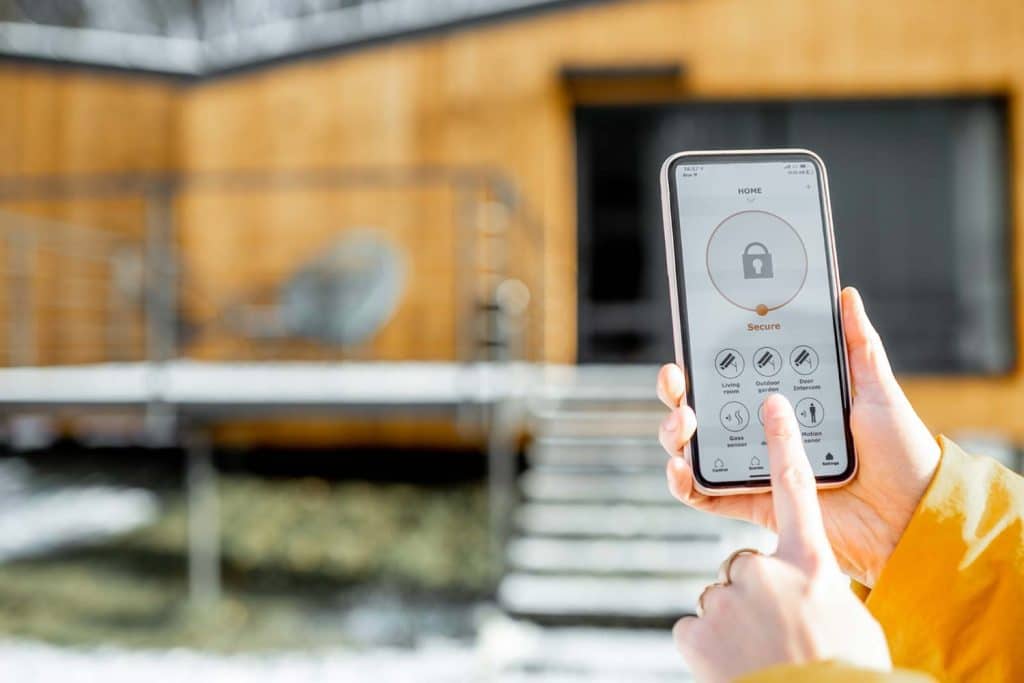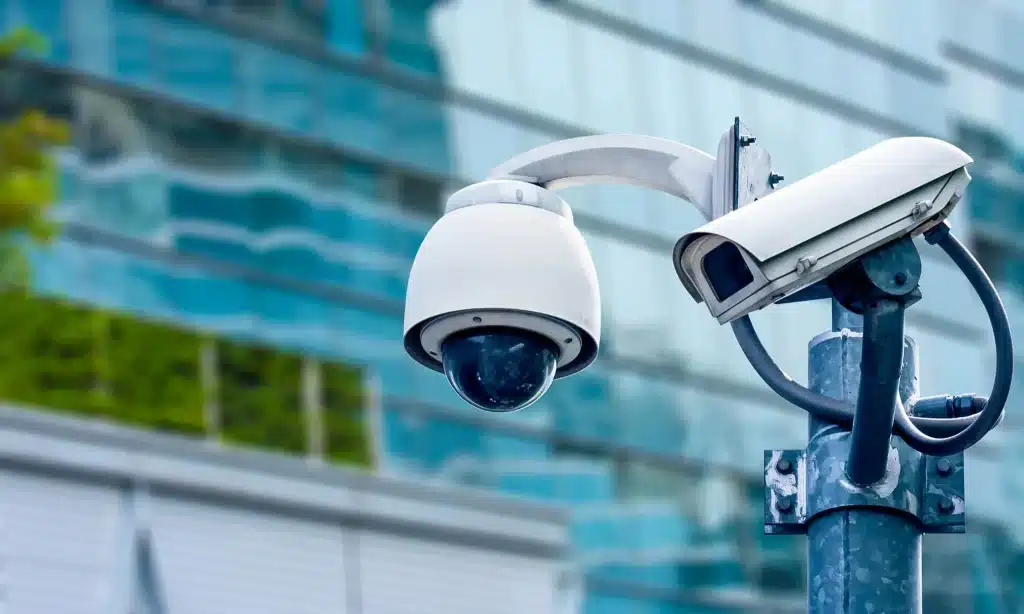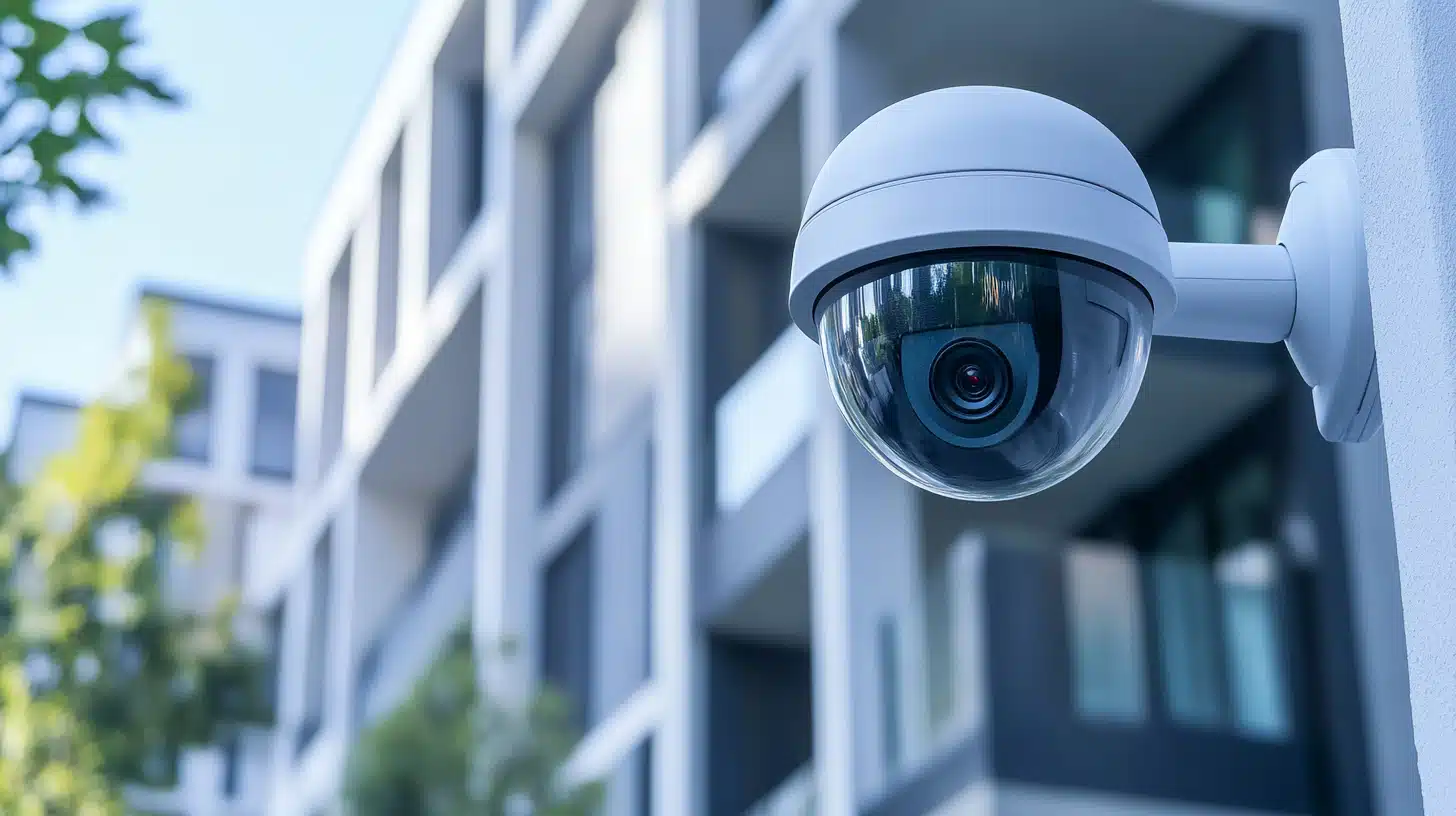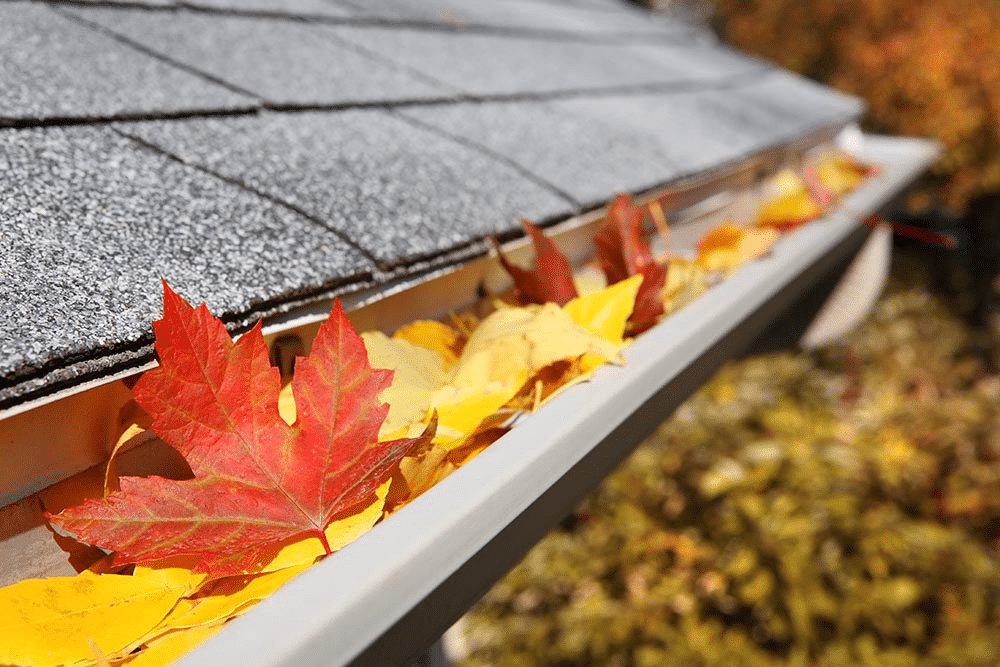Smart Home Security: Protecting Your Home in the Digital Age
As technology has advanced in recent years, smart homes have been increasing in prevalence drastically. For those unfamiliar with the term, smart homes are those that use a network to connect and control devices remotely.
They feature various automation services that can control door sensors, motion sensors, appliances, and, as will be discussed in this guide, security systems. With greater convenience, cost savings, and energy efficiency, switching to a smart home can be an excellent decision for a home buyer.
With that said, there have been growing concerns regarding smart home security vulnerabilities that all potential owners should be aware of.
Understanding Smart Home Security Risks

When looking at the key benefits of implementing a smart home, you must also look at the potential downsides. The largest downside, though potentially rare to occur, is a major security risk. The vulnerabilities to smart home technology are quite similar to those that affect personal electronic devices and include the following issues:
- Default passwords: Many smart devices come with weak default passwords that are easy to guess or crack with the right hacking software
- Unpatched software: Manufacturers often release software updates to address security vulnerabilities, but do not turn on auto-install, which means you may be allowing a vulnerability without even knowing it
- Unsecured Wi-Fi networks: Open or poorly secured Wi-Fi networks can allow unauthorized access to smart home devices from someone parked near your home
- Social engineering attacks: Attackers may attempt to trick users into revealing sensitive information or gaining access to their devices by pretending something is amiss with one of your smart home systems
While a cybersecurity breach of your smart home may seem less concerning than a breach of your device off the bat, you would be mistaken. The consequences of a security issue with your smart home are vast and dangerous.
First and foremost, by finding the digital presence associated with your home criminals can gather your sensitive personal information. This can then be used to open new financial accounts in your name, make unauthorized purchases, or commit other crimes.
Additionally, compromised smart home security systems can open the door to home invasion attempts. If a criminal can remotely unlock your doors or disable the security system, you and your entire family’s safety could be at risk.
Essential Security Measures to Implement
Keeping your family safe in the home is all about implementing effective security measures that even the best cyber-attackers can’t overcome. The following four essential security measures will help you accomplish this goal:
Use Strong Passwords
When setting passwords for your smartphone, avoid using easily guessable information such as your birthday, pet names, kid names, or common phrases. Try to combine letters, numbers, and symbols so that a password is more difficult to crack.
In the event your smart home allows for two-factor authentication, such as sending a text message to an approved phone during a log-in attempt, be sure to implement the feature as soon as possible.
Check for Software Updates
As mentioned, one security risk with smart homes is a failure to see a software update that addresses a security concern. Given this, you should make it a habit to regularly check for software updates and turn on auto-update if possible.
The only situation in which auto-update should be avoided is when certain devices have known security threats that occur during the installation of new software.
Secure Your Wi-Fi Networks
For securing your Wi-Fi network, consider using a complex password that is extremely difficult to guess. Ensure that WPA3 encryption settings are implemented on your WiFi system, which allows only a single WiFi password guess attempt from an offline device before an online device must be interacted with directly.
You can also consider creating a separate guest network that is dedicated to visitors, yet completely separate from your personal WiFi network, thus allowing the number of people who know your password to shrink.
Follow Best IoT Security Practices
Finally, as a general rule of thumb, consider implementing general Internet of Things (IoT) best security practices. These include only allowing trusted friends or family members to have access to your smart home devices and applications, disabling features that aren’t currently in use, having backups of your files or applications, and more.
Going the Extra Mile: Home Security Cameras

When in doubt, keeping an eye on your property at all times is crucial to your safety. Adding cameras to your property can allow you to remotely view your home from your phone or computer if you are ever concerned about a security threat. There are three main types of home security cameras to consider:
- Indoor cameras: These cameras are designed for use inside your home and can be placed in various locations, such as living rooms, bedrooms, or hallways
- Outdoor cameras: Outdoor cameras are weatherproof and can be installed on the exterior of your home to monitor your property
- Pan-tilt-zoom (PTZ) cameras: PTZ cameras can be controlled remotely to pan, tilt, and zoom, providing a wider field of view and the benefit of being controlled from your phone
Additional Security Measures to Consider
Home safety is all about being prepared for anything which includes having backup plans in place. The below smart home security and cyber safety tips can help you add an extra layer of security to your home:
- Add a traditional home alarm: Integrating smart home systems with traditional home alarms can provide enhanced protection in the event your smart home alarm is disabled
- Security audits: Conduct regular security audits with the help of accredited cybersecurity professionals to help identify vulnerabilities in your smart home network
- Educate your family members: Ensuring that everyone in your household understands the importance of smart home security and knows how to follow best practices, such as not sharing WiFi or security information
Enhance the security of your smart home proactively
Having a smart home can provide you with many benefits, but the second that the technology begins working against your best interests is when it becomes an issue.
All of the security vulnerabilities described above will hopefully never impact your day-to-day life, but it’s better to be overprepared than underprepared. Ensure you stay up-to-date on current security threats impacting homes like yours and maintain vigilance so that you can stop a potential security threat before it ever occurs.
When it doubt, consult with security professionals who can help you implement protections that cover the technology in your home.







